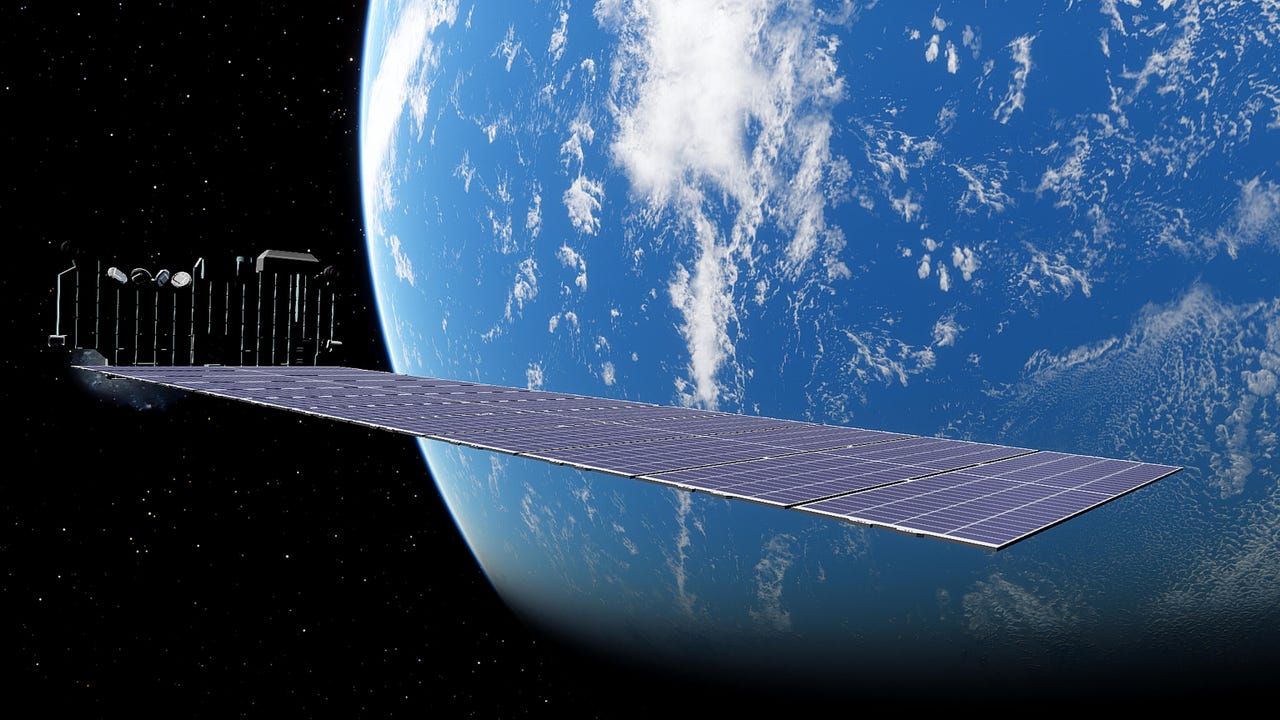SpaceX launches another 54 Starlink satellites into space to expand global broadband


After five days of weather delays, on Sunday, Sept. 18, SpaceX launched a Falcon 9 rocket from Space Launch Complex 40 (SLC-40) at Cape Canaveral Space Force Station in Florida. This mission sent an additional 54 satellites to orbit to expand its global broadband.
Screenshot taken from SpaceX's launch on Sept. 18, 2022
Starlink currently has over 3,000 satellites in orbit. SpaceX has been working rapidly to expand its constellation of satellites with launches occurring very often, almost every week. SpaceX has already exceeded its 2021 record of 31 launches, the most liftoffs in a year.
As of July, Starlink broadband is available in 36 countries including significant coverage in the US, Mexico, Canada, Europe, Australia and New Zealand.
Starlink now available in 36 countries!https://t.co/nH1zPfd2Om
— Elon Musk (@elonmusk) July 22, 2022
Yesterday, SpaceX CEO Elon Musk tweeted that coverage is now available on all seven continents, even Antarctica. You can view Starlink's worldwide connectivity on this map.
On the map, you can see that SpaceX plans to continue to significantly expand its coverage in 2023, including the rest of the US. Musk recently tweeted that he plans to have as many as 100 launches in 2023.
Yeah, aiming for up to 100 flights next year
— Elon Musk (@elonmusk) August 31, 2022
This has been a significant year in Starlink usage expansion. Starlink has accessed a new group of customers with technology expansion onto cruise ships, RVs, and even cell-phone service.
Also: SpaceX's Starlink internet is now heading to cruise ships in 'game-changing' deal
Starlink will be used on all Royal Caribbean International, Celebrity Cruises and Silversea Cruises ships as a result of their partnership. It will take until 2023 for it to be installed on all the vessels.
Also, T-Mobile has partnered with SpaceX to bring more cell-phone connectivity to dead zones by enabling cell phones to connect to SpaceX's Starlink satellites.